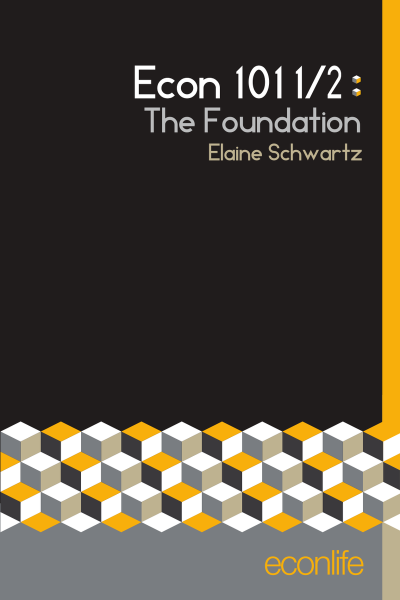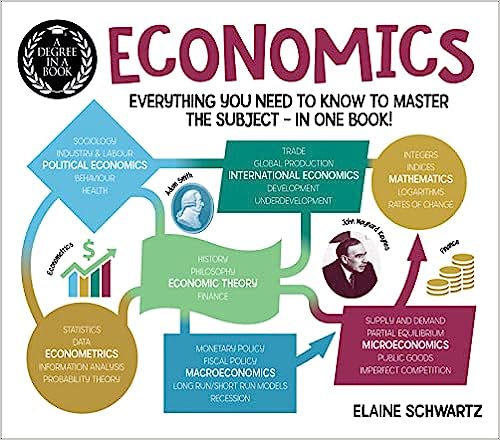For consumers and retailers, decisions about delivery speed and price involve tradeoffs with each hoping to minimize the cost and maximize the purchase.
Weekly Roundup: From Grocery Bags to Soda Bottles
Our everyday economics includes developing nations, human capital, environment, behavioral economics, consumer spending, health care,incentives & sin taxes.
The Reasons Restaurants Should Sell Tickets
A restaurant’s pricing power increases when, online, it can sell prepaid table tickets, vary price based on demand or charge a reservation fee.
Weekly Roundup: From Thirsty Almonds to Potent Alcohol
Our everyday economics includes human capital, incentives, behavioral economics, cost and benefit, exports, tradeoffs, inequality, risk,markets, and income.
What We Should Ask About the Wealth Gap
Because economists disagree on how to measure wealth, they convey different conclusions about the history of wealth inequality and distribution..
Why It’s Tough to Evaluate Job Performance
If a performance metric is known, the people being evaluated have an incentive to shift their behavior so that their scores improve but not the job they do.
Following the March Madness Money
Whether looking at what fans spend and wager or the NCAA, the coaches, the teams, the media, and corporate promotions, March Madness is about big business.
Weekly Roundup: From Baseball Contracts to Super Bowl Ads
Our week’s everyday economics include inflation, supply and demand, income mobility, property rights, incentives, default, CDS, and monopoly pricing.
How To Keep Your Parking Spot After a Snow Storm
Winter dibs is about whether you have temporary parking space property rights by shoveling your car out of the snow and if your self interest helps society.
The Seven Ways We Pay For Free Parking
Including congestion, wasted gas, time and emissions, cheap parking creates negative externalities that variable pricing of parking spaces can eliminate.


















